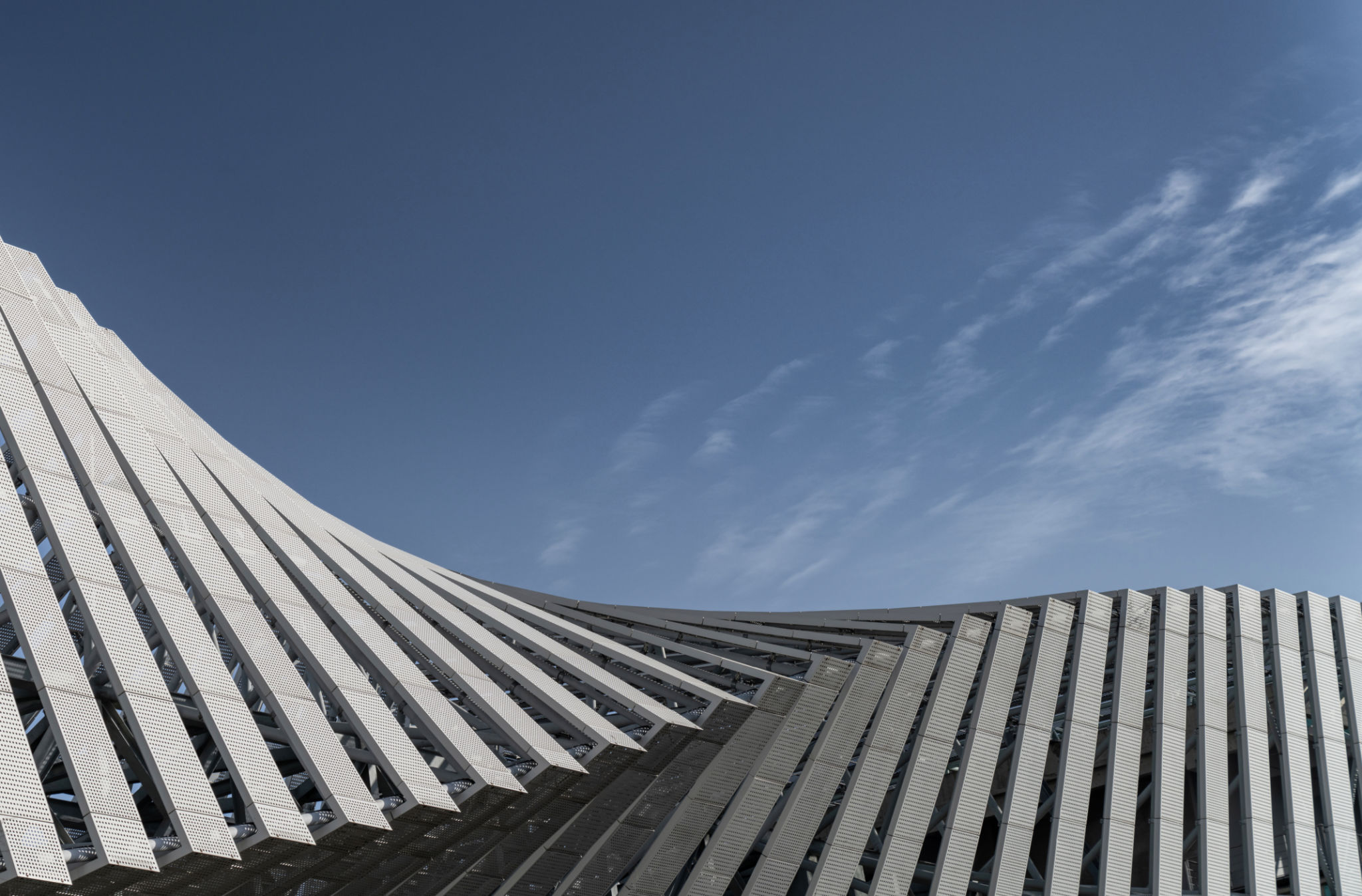An Inside Look at Innovative Formwork Systems: Dincel & AFS Explained
Understanding Formwork Systems
In the construction industry, formwork systems play a critical role in shaping and supporting concrete structures until they gain sufficient strength. Among the many innovative formwork solutions available today, Dincel and AFS stand out for their unique designs and benefits. These systems not only enhance the efficiency of the construction process but also contribute to the durability and sustainability of the structures.

What is Dincel Formwork?
Dincel formwork is an innovative system that utilizes a polymer-based wall solution. Unlike traditional timber or steel formworks, Dincel panels are lightweight and easy to install, reducing labor costs and construction time. These panels interlock to create a continuous wall structure, which can be filled with concrete to provide strength and stability.
One of the standout features of Dincel formwork is its water-resistant properties. The polymer material prevents water ingress, making it an ideal choice for structures exposed to moisture or located in flood-prone areas. Additionally, Dincel walls are termite resistant and require minimal maintenance over time, increasing the longevity of the building.
The Advantages of AFS Formwork
AFS formwork, or Advanced Formwork Systems, offers a different approach with its load-bearing wall solutions. AFS panels are made from lightweight materials like fiber cement or plasterboard, which are reinforced with steel or aluminum frames. This combination provides robustness while maintaining a manageable weight for easy handling during installation.

One of the key benefits of AFS formwork is its speed of construction. The pre-fabricated panels can be quickly assembled on-site, significantly reducing project timelines. This efficiency not only lowers labor costs but also minimizes disruptions in urban construction environments where time is of the essence.
Comparing Dincel and AFS Systems
When it comes to choosing between Dincel and AFS formwork systems, several factors should be considered:
- Material: Dincel uses polymer materials, while AFS typically utilizes fiber cement or plasterboard.
- Installation: Both systems offer fast installation, but Dincel’s interlocking mechanism provides a simple assembly process.
- Water Resistance: Dincel is particularly advantageous in wet conditions due to its impermeable properties.
- Durability: Both systems offer durable solutions; however, Dincel’s resistance to termites and water gives it an edge in certain environments.

The Environmental Impact
Sustainability is a growing concern in the construction industry, and both Dincel and AFS systems address this issue effectively. The use of lightweight materials reduces the carbon footprint during transportation and installation. Moreover, both systems produce less waste compared to traditional formwork methods, contributing to a cleaner environment.
Additionally, the energy efficiency of buildings constructed using these formworks is noteworthy. The insulating properties of Dincel and AFS walls help maintain indoor temperatures, reducing the need for excessive heating or cooling. This feature makes them an attractive option for builders aiming to achieve high energy ratings for their projects.
The Future of Formwork Systems
The adoption of innovative formwork systems like Dincel and AFS is expected to grow as builders seek cost-effective and sustainable solutions. These systems not only offer superior performance in terms of strength and durability but also align with modern construction trends focused on efficiency and environmental responsibility.
As technology continues to advance, we can anticipate further innovations in formwork designs that will address even more specific building challenges. For now, Dincel and AFS provide compelling options for those looking to improve their construction practices with innovative solutions.